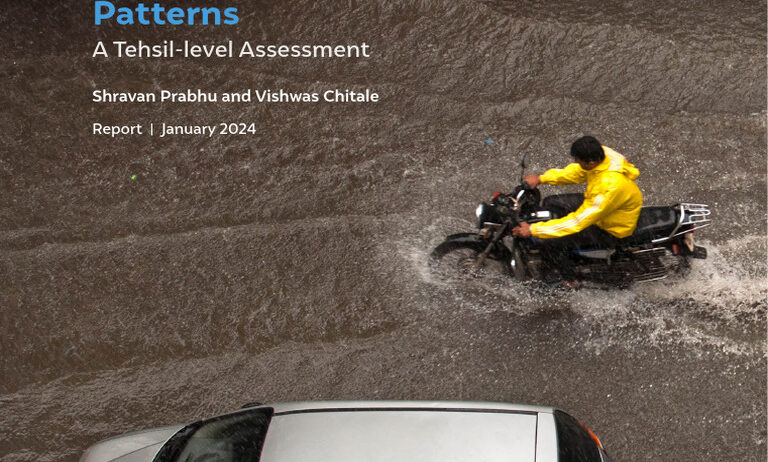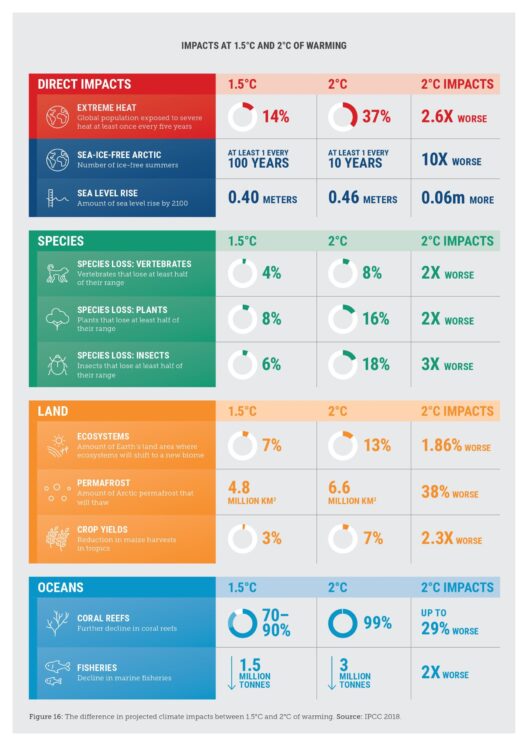Understanding the intricate dance of carbon and its profound implications on our climate—doesn’t it spark your curiosity? Imagine a world where you are equipped with knowledge that not only empowers you but also has the potential to change the trajectory of our planet’s future. This exploration delves into the science of carbon and climate change, inviting you to ponder your role in this global narrative.
Carbon, a fundamental building block of life, exists in various forms and is omnipresent in our environment. It is primarily seen in the form of carbon dioxide (CO2) in the atmosphere. However, the primary concern regarding carbon relates to its anthropogenic emissions, largely attributed to combustion processes and industrial activities. When we burn fossil fuels—think of the gasoline in our vehicles and the coal used in power plants—we release significant amounts of CO2 into the atmosphere, exacerbating the greenhouse effect.
Let’s delve into the greenhouse effect itself. The Earth receives energy from the Sun, which warms the planet. Some of this heat is reflected back into space, while greenhouse gases, including CO2, trap a portion of this heat. This natural phenomenon is essential for maintaining a habitable climate. Yet, as CO2 levels rise due to human activities, so does the retained heat, leading to what is now recognized as global warming.
The unquestionable rise in global temperatures has triggered a cascade of climatic shifts, from altering weather patterns to increasing the frequency and intensity of extreme weather events. The data depicts a staggering reality: Earth’s average temperature has risen by about 1.2 degrees Celsius since the late 19th century. This increase may seem negligible, but the ramifications are far-reaching.
Have you ever considered how these temperature changes affect monsoon patterns? This is where a perplexing question arises: could the reconfiguration of these rain patterns challenge agricultural stability worldwide? Monsoons deliver vital rainfall, especially to agrarian economies. However, our changing climate results in altered monsoon cycles, leading to excess precipitation in some regions and drought in others, jeopardizing food security across the globe.
It is not merely the agricultural sector that faces disruption. The rising temperatures and shifting precipitation patterns catalyze an increase in natural disasters. Hurricanes, floods, wildfires, and heatwaves are becoming more prevalent due to climate change, leading to significant economic losses and casualties. The Intergovernmental Panel on Climate Change (IPCC) projections indicate a concerning trend of increased climate-related disasters if current carbon emissions are not curtailed. This brings forth a crucial challenge: how can individuals collectively mitigate this issue?
Understanding carbon’s role in climate change is only the beginning; empowering oneself with knowledge can lead to actionable solutions. One of the most effective strategies lies in reducing our carbon footprint. Each of us can adopt a lifestyle that prioritizes sustainability. Transitioning to renewable energy sources—such as solar or wind—can significantly diminish reliance on fossil fuels. Are you ready to consider how your energy consumption habits can transform the planet’s fate?
Transportation is another sector ripe for innovation and improvement. Consider utilizing public transport, carpooling, cycling, or walking. This not only alleviates congestion but also reduces carbon emissions. Furthermore, scrutinizing your diet can yield substantial differences; dietary choices, particularly the inclusion of plant-based meals, can lessen the demand for carbon-intensive livestock farming.
On an influential scale, advocacy plays a pivotal role in the quest for climate literacy. Engaging with community initiatives or supporting climate policies can generate significant ripple effects. Whether it’s through attending town hall meetings, participating in environmental campaigns, or amplifying climate-focused causes on social media platforms, doing so cultivates a communal responsibility towards sustainable living. Is there a local environmental group you could join to become a more active participant in your community’s climate discourse?
Additionally, individuals can enhance their awareness through education. Familiarizing oneself with climate science, understanding carbon markets, and comprehending the consequences of deforestation and urbanization can elevate one’s capacity to influence change. Seek out workshops, read comprehensive literature, and engage with reputable sources of information. In a world inundated with misinformation, becoming a discerning reader is paramount.
In unraveling the nexus between carbon emissions and climate change, one must contemplate the concept of equity. The burdens of climate change disproportionately affect marginalized communities, often ill-equipped to adapt to its repercussions. This realization necessitates a dual approach, advocating for social justice and environmental sustainability simultaneously. How can you integrate these values into your lifestyle to create a comprehensive approach to combat climate change?
Ultimately, the path forward demands not only individual action but also systemic change. Calling on governments to enact and enforce stringent climate policies is essential to achieving reduction targets outlined in international agreements, such as the Paris Agreement. Collective voices pushing for ambitious climate policies can lead to pivotal legislative advancements, catalyzing the shift towards a sustainable future.
To conclude, empowering oneself with the knowledge of carbon’s role in climate change is an invitation to become an architect of tomorrow. By taking informed actions, engaging in advocacy, and imparting knowledge within your sphere of influence, the potential for positive change expands exponentially. Are you prepared to accept the challenge and contribute to a healthier planet? The choice is not merely philosophical but crucial for the preservation of our shared environment.








